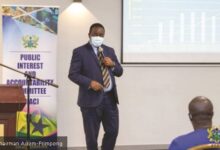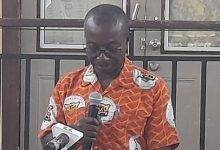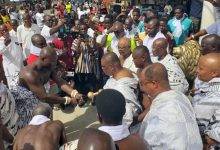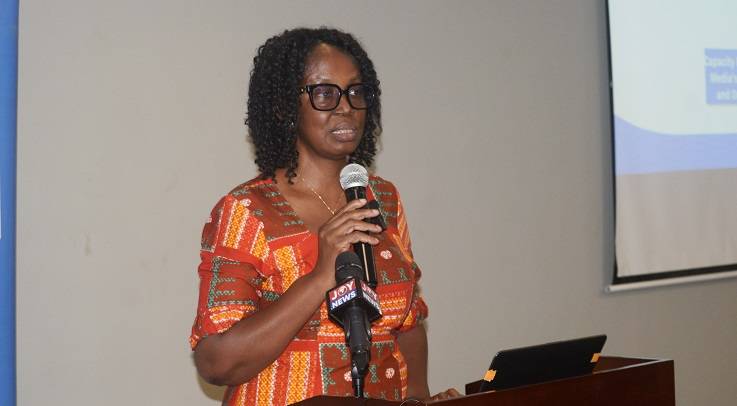
The Ghana Anti-Corruption Coalition (GACC) is advocating an amendment of the Political Parties Act, 2000 (Act 574) to include the disclosure of funding sources for presidential and parliamentary candidates.
Currently, the law mandates political parties to submit their audited official financial accounts to the Electoral Commission (EC), which is then made public.
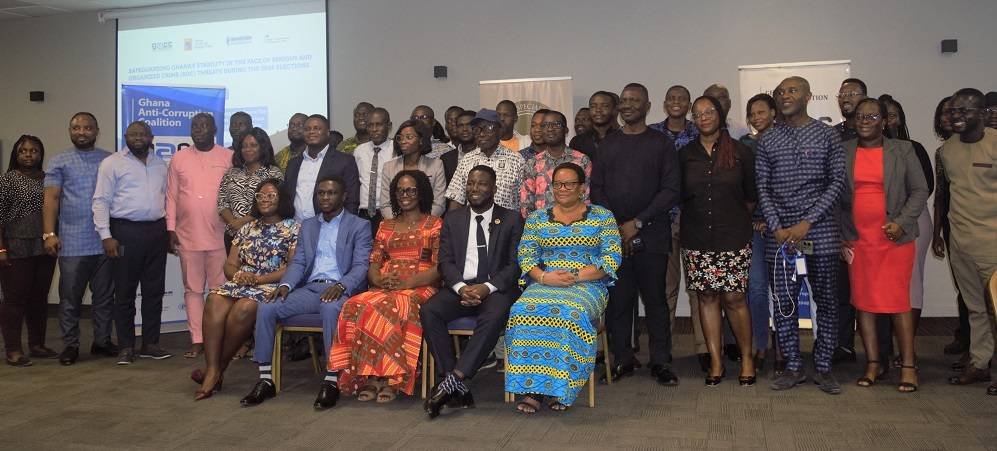
However, the Executive Secretary of the Coalition, Beauty Narteh, points out that actual campaign funds often bypass these official accounts and are independently managed by candidates.
At a capacity-building workshop for journalists in Accra on Wednesday, she said amending the law would prevent foreign entities or individuals from funding the parties.
This would, thereby promote campaign finance transparency and protect the integrity of the electoral process from external influences.
The workshop, organised by the GACC and its partners, including the Africa Centre for Energy Policy, aimed to enhance the media’s ability to contribute effectively to combating Serious and Organised Crime (SOC) threats, especially in the lead-up to the December elections.
Touching on how parties bypass the law, Mrs Narteh said most campaign resources did not go through the political parties’ account, but usually to the flagbearers or parliamentary candidates.
“So if they are managing the funds why are we not amending the laws to make them account for what they have spent to the EC so that we can be able to determine how much they are spending?
Each MP can tell you how much they have spent, but when you go to the accounts or the audited accounts they submit to the EC, we don’t see that money in there. So you ask yourself, where is the money coming from?” she asked.
According to Mrs Narteh, there was an identified connection between SOC and elections in Ghana, and the high costs of elections raise concerns about the source of funds for candidates, prompting the call for transparency in political party financing.
She also said there was a need to empower journalists to sensitise the public, conduct thorough investigations, and expose corruption that could undermine the integrity of Ghana’s electoral process.
She noted it was crucial for citizens to understand the implications of accepting money during campaigns to protect the integrity of the country’s democratic gains.
Mrs Narteh also called for the strengthening of the asset declaration laws and the passage of the Conduct of Public Offices Bill in order to prevent public officials from using their positions for personal gain.
“If we don’t do anything about our asset declaration law, we are joking in this country. Because when people come into political office some are even indebted, but they use our public office to pay off their debts.
But because our asset declaration laws are weak, we are not able to understand or appreciate how they come into office. And we are not able to even verify the asset declaration they put in,” she said.
In separate presentations, officials from the Economic and Organised Crime Office (EOCO), the Office of the Special Prosecutor, and the Media Foundation for West Africa courted the support of the media to weed out SOC in elections.
BY JONATHAN DONKOR

